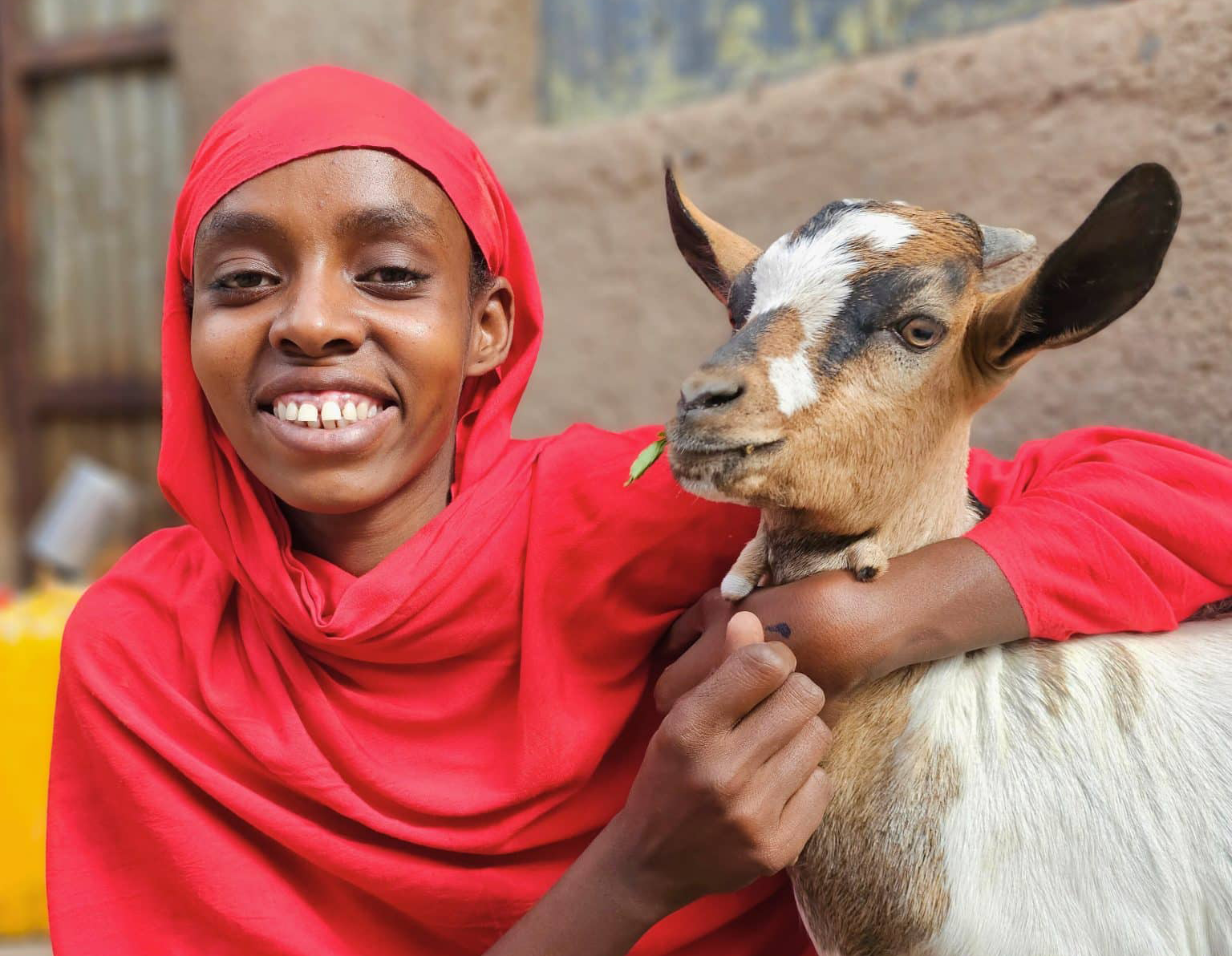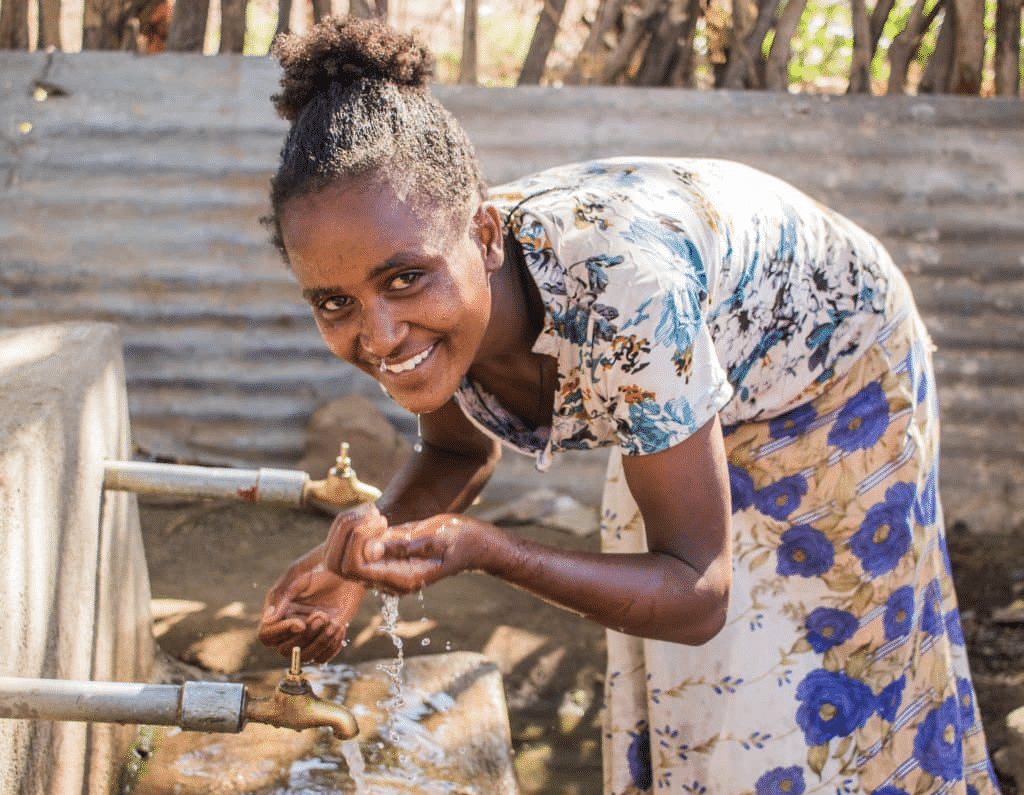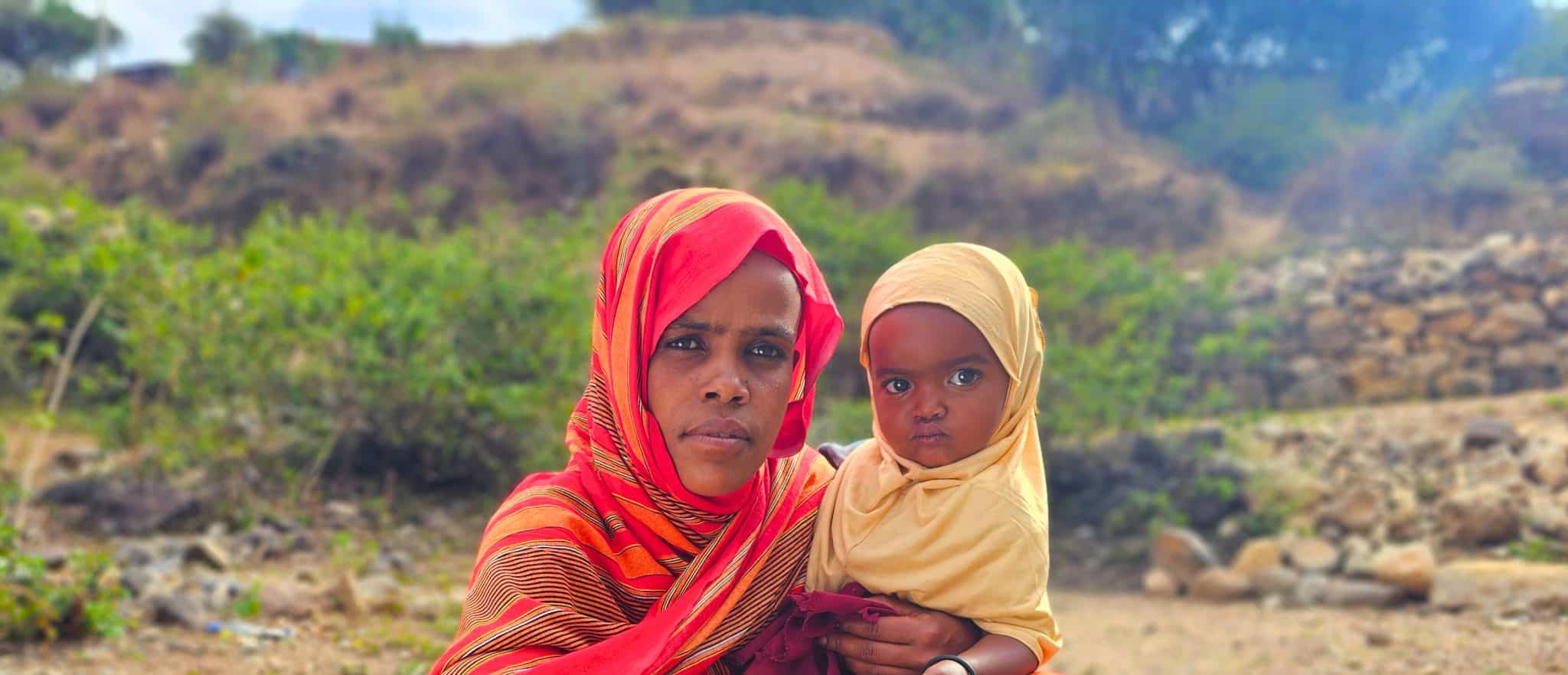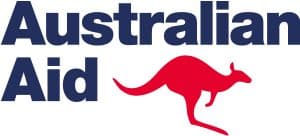Combating child marriage and supporting children and women affected by HIV and AIDS is at the heart of our work in Ethiopia.
CARE started working in Ethiopia in 1984 in response to severe drought and famine that devastated the population and claimed the lives of nearly one million people.
Although we still carry out emergency food relief, the main focus of our work has shifted towards addressing the root causes of poverty and community risk through longer-term rehabilitation and development.
This includes governance, water and sanitation, education, and being prepared for future emergencies. Our programs particularly support women and girls in rural and urban areas. We work to combat child marriage and support children and women affected by HIV and AIDS. Through vocational training and access to savings and loans, we help people earn a decent living.
Supporting women and girls
In Ethiopia, we’re working closely with some of the country’s most underserved communities, particularly women in remote and rural areas, to help provide tools for sustainable change.
Women in Ethiopia are especially vulnerable, particularly female-headed households and single mothers. Inequality faced by women and girls often begins at an early age. Many girls, particularly orphans and those from poor families, are uneducated because boys’ education is prioritised.
As around 80 per cent of the population lives in remote and rural areas, providing assistance is often challenging. Child marriage is also practiced. These further limits girls’ opportunities to go to school and puts them at risk of early pregnancy.
We are helping women to grow more food, gain access to training, agricultural tools and resources, and basic education.
Working within the Yakisa (Ethiopia’s traditional women’s system), we’re including men in our efforts to change behaviours and attitudes, while amplifying the concerns and priorities of women. Together, these efforts strengthen women’s participation and leadership at both a household and community level.


Sustainable water and sanitation
Every day, thousands of families in Dera and Farta Woredas in the Amhara region in Ethiopia face the devastating consequences of limited access to clean water and basic sanitation. 60 per cent of people in these areas don’t have access to safe drinking water. Waterborne diseases are widespread, affecting children, women and vulnerable groups most. Furthermore, the burden of collecting water falls largely on women and girls, limiting education and income opportunities, and households lack access to safe, private latrines — increasing the risk of illness and gender-based violence.
The RISE project
The RISE project will bring safe, sustainable water and sanitation to over 50,000 people in Dera and Farta Woredas, transforming lives and futures — particularly for women and girls.
Led by CARE Ethiopia, this project also supports climate-resilient livelihoods and local leadership, with a strong focus on empowering women and ensuring accessibility for people with disabilities. However, at its heart, RISE is about delivering the essentials: safe water and sanitation, at scale, where it’s needed most.
Find out more about CARE’s work in Ethiopia here.
The RISE project receives support from the Australian Government through the Australian NGO Cooperation Program (ANCP).
Donate now
Support our ongoing work to create a more equal world.
Your donation can help end extreme poverty and give people the means to build a better future for themselves in countries like Ethiopia.
For those living in extreme poverty, your support brings education and training, healthcare and clean water, nutritious food, and new ways to earn an income. And in times of crisis, you help us deliver emergency relief. Please donate today.


